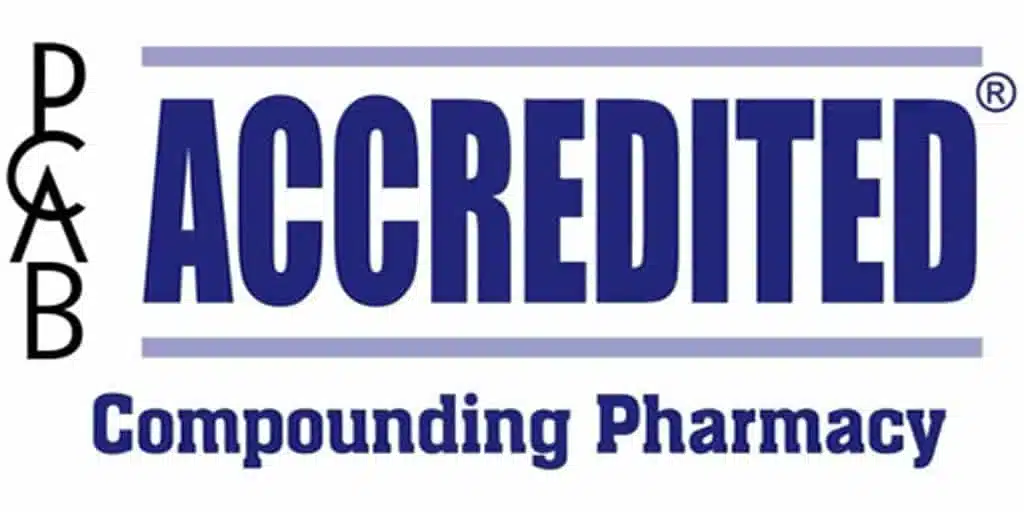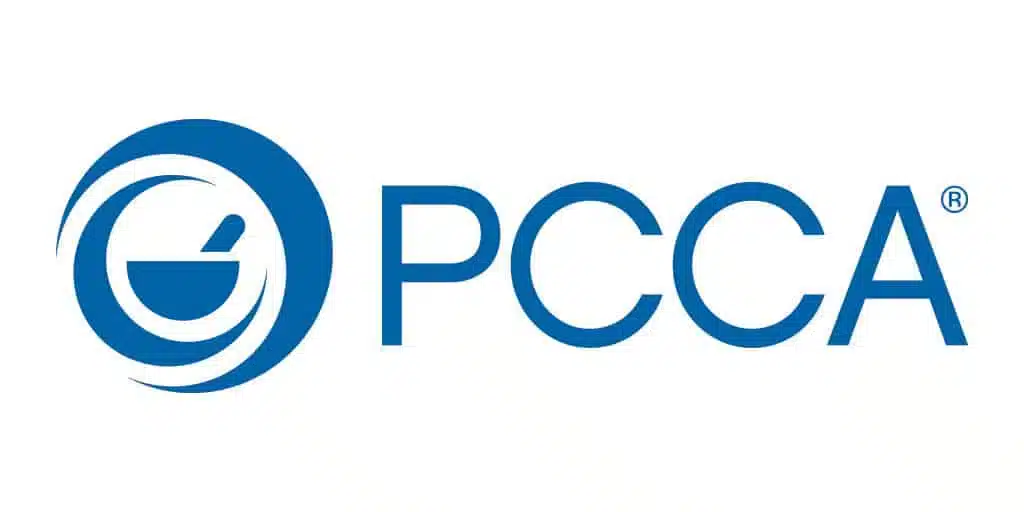When I am asked why I recommend dietary supplements to patients, my number one response is that I want patients to have access to high-quality products. I, like other providers, have discovered that patients rank trust in their provider and convenience above all else. 1
Many patients end up “doing their own thing” and going elsewhere from my recommended “brick and mortar” stores locally and e-commerce options. They tend to search on social media where companies like The Marketing Heaven promote various types of supplements regardless of their quality. This is both for refills and ongoing purchases. Why this discrepancy between practitioner (me!) and patient belief about the importance of quality? Where is the breakdown in communication? Here are some things that I have learned I need to do a better job stressing:
Patients want to know 3 things about products they purchase:
1. That the products are safe
2. That the products work
3. That the products are worth the cost
By the way….FDA regulations do nothing to ensure any of these things.
The responsibility to ensure safety and efficacy falls on individual product manufacturers, which is why the choice of product really does matter. In a quick conversation with every new patient, I need to make sure all of my patients are aware of the following 3 points:
1. The FDA does not test dietary supplements for safety or efficacy before marketing.
There is a law called the Dietary Supplement Health and Education Act (DSHEA) that defines how dietary supplements are regulated. The law states that it is the responsibility of each manufacturer to show that a product is safe and effective before marketing that product. The FDA has no authority to do its own safety review before a product is made available to the public.
A commonly cited study that brings into question the quality of supplements was conducted by authorities in New York in 2014. The majority of my patients are aware—I do manage to provide them a handout summarizing this study. It analyzed 78 bottles of dietary supplements from major retailers and found that 4 out of 5 products did not contain evidence of the herbs that were stated on the label and many contained contaminants not listed on the label—things like houseplants, powdered radish, and even wheat in products that were labeled “gluten-free.” Some have argued that the type of testing used was not a valid way to identify herbs, but the presence of so many contaminants cannot be dismissed. Read a few sentences up again and let that sink in: 4 out of 5 products did not contain what they said they did!
Some companies do their own testing of raw materials and final products, but some do not. Product analyses are completely voluntary. High-quality companies will pay for third-party testing to confirm the presence of ingredients, the potency of ingredients, and the absence of contaminants. Common contaminants that are tested for include heavy metals, solvents, pesticides, and microbes.
Voluntary third-party certifications include the USP Verified Mark, Consumer Labs, UL, and the International Fish Oil Standards (IFOS) .
2. The FDA does not certify supplement-manufacturing facilities.
The FDA requires companies to follow current Good Manufacturing Practices (cGMPs), but it does not offer any certification for this. cGMPs require that the manufacturing facility be clean, climate-controlled, and run with good quality-control procedures. cGMPs have to do with how products are made—again, this has nothing to do with what is actually in the final product.
Quality companies go above and beyond the requirements of cGMPs and get third-party certifications related to their manufacturing practices. Voluntary certifications for good manufacturing practices include NSF International and NPA (Natural Products Association).
3. The FDA does not standardize dosages or forms of ingredients in dietary supplements.
Vitamins and minerals can be sourced from many different places and can be provided in many different forms. Pyridoxine hydrochloride is the cheapest form of vitamin B6, but pyridoxine-5-phosphate (P5P) is the most biologically active form. Niacin can lower serum cholesterol, but only at a dosage of 1000 mg per day. Iron sulfate causes the common side effect of constipation, whereas iron citrate formulated with vitamin C is most readily digested and absorbed. Starting to get the picture? What is recommended really does matter.
The form of the ingredient, the dosage of the ingredient, and the formulation of the entire product all influence whether or not a dietary supplement will be effective. High-quality companies rely on a team of medical experts and evidence-based science to formulate products that offer patients the greatest benefits. The best “bang for their buck” you could say.
The Take Home:
Make sure you take the time during your visit to ask me the basis of my recommendations. In turn, I’ll do a better job talking about supplement issues that matter to you: products I’ve recommended you purchase are safe, effective, and worth the cost. THANKS FOR THE EAR AND THANKS FOR THE SUPPORT, Cherise
1. Nutrition Business Journal. Practitioner Channel Deep Dive. 2017
When you sign up for our newsletter, you are guaranteed to never miss out on what’s new at Central Drug again! We will keep you updated on exciting discounts, new products, exclusive events and fresh blog posts.
Keep Up With Central Drug




